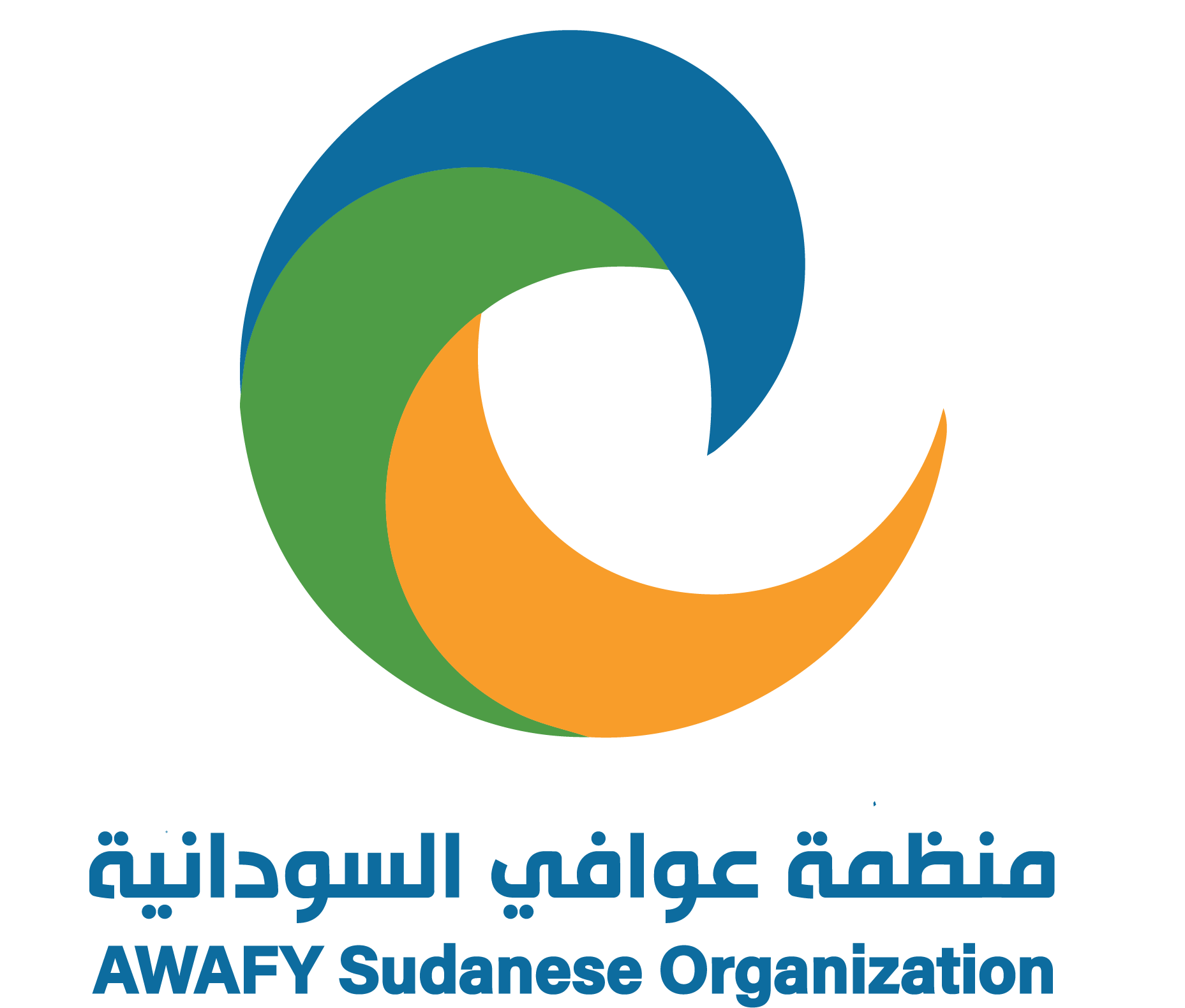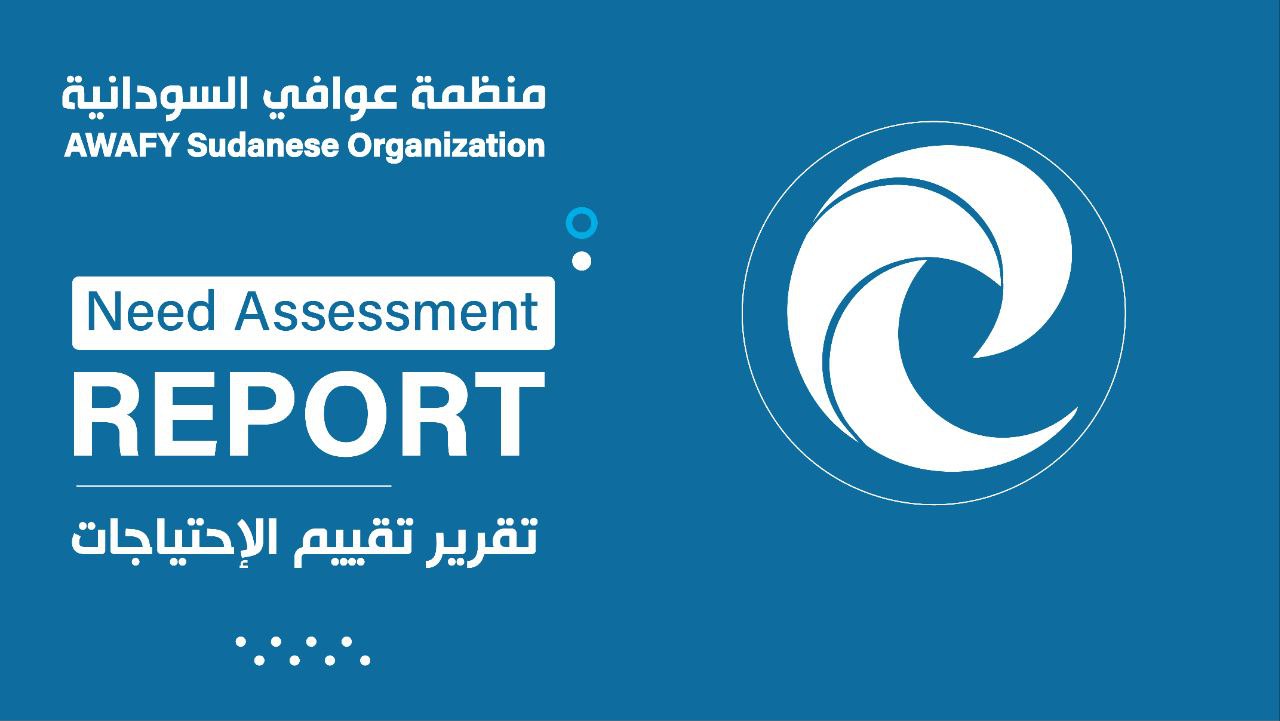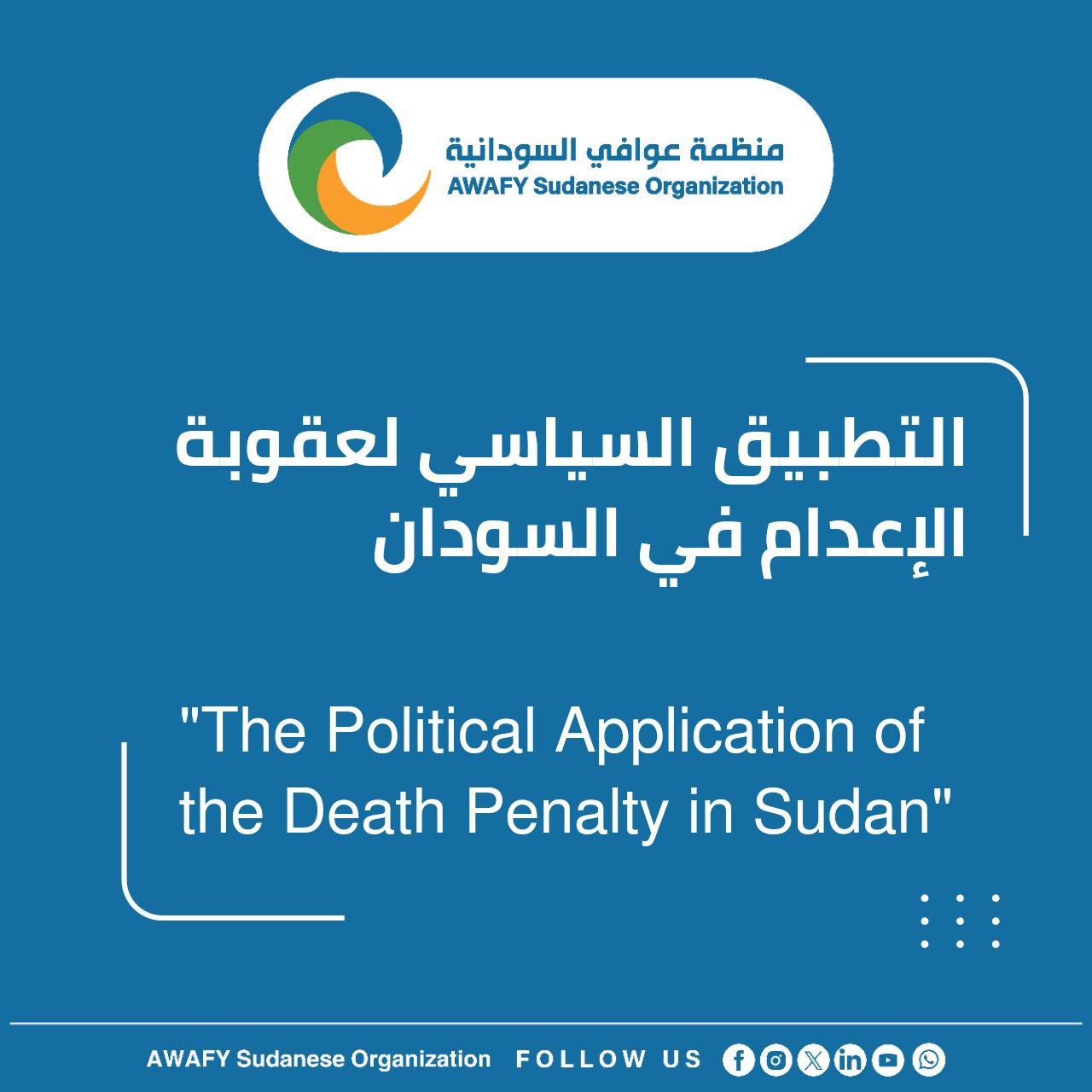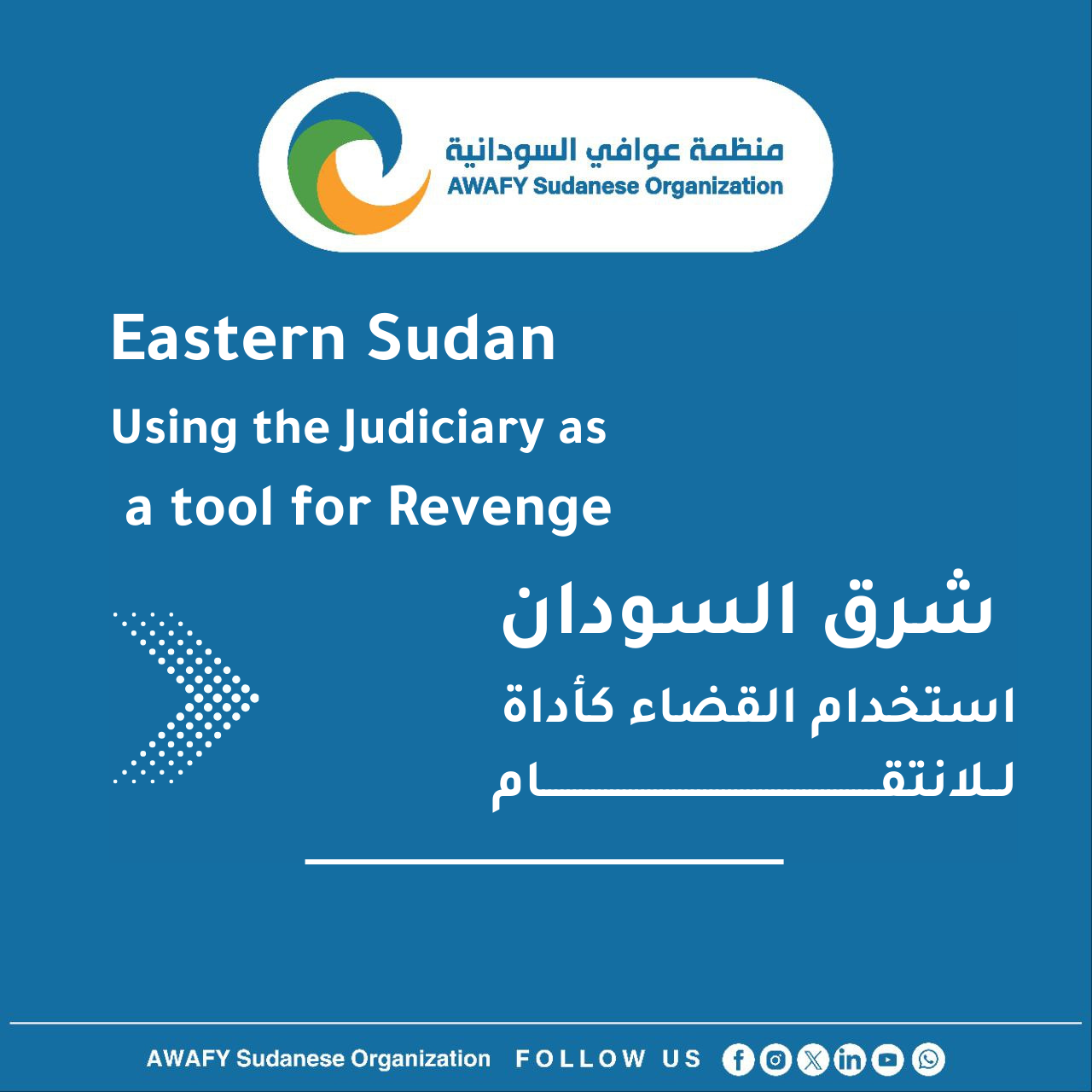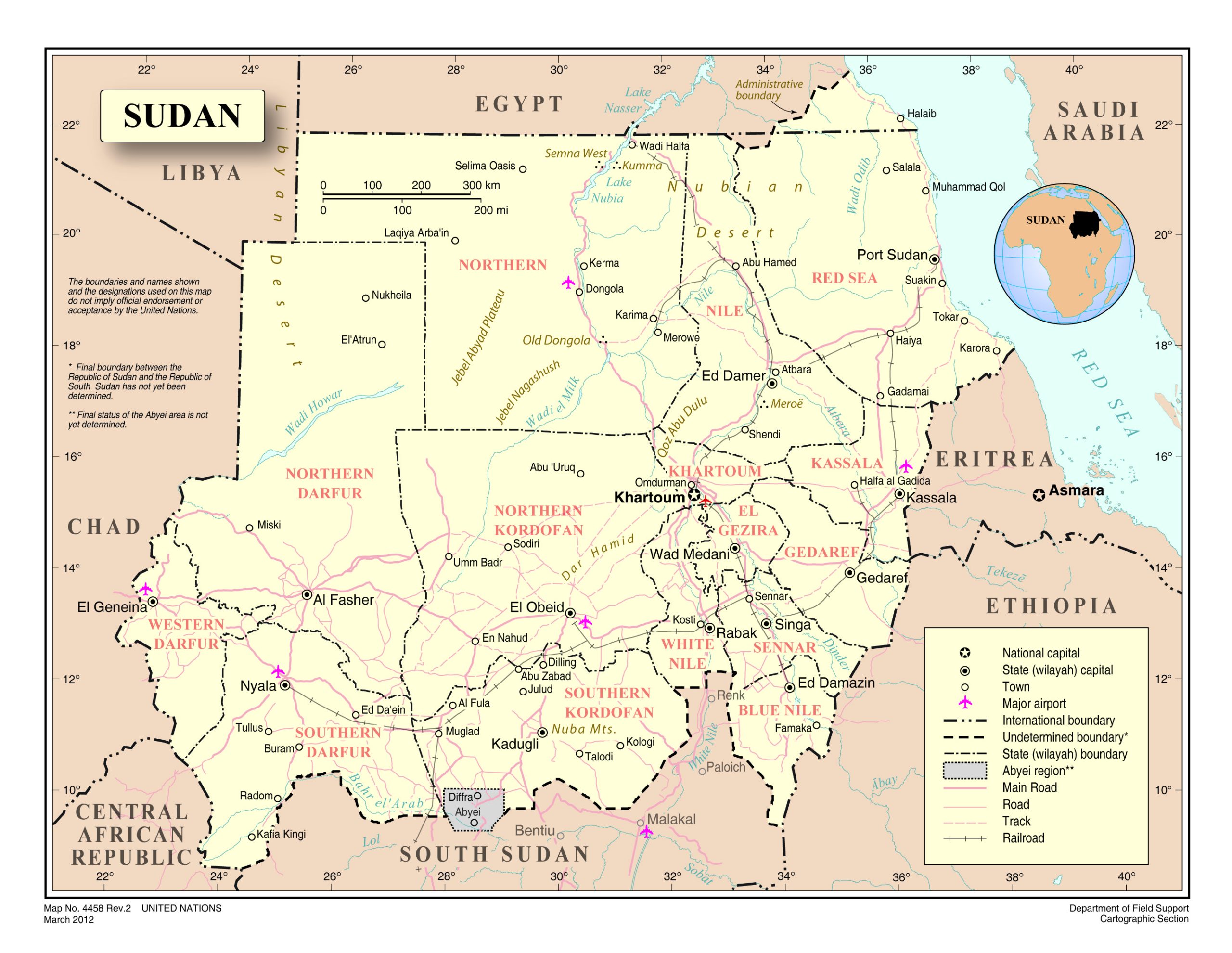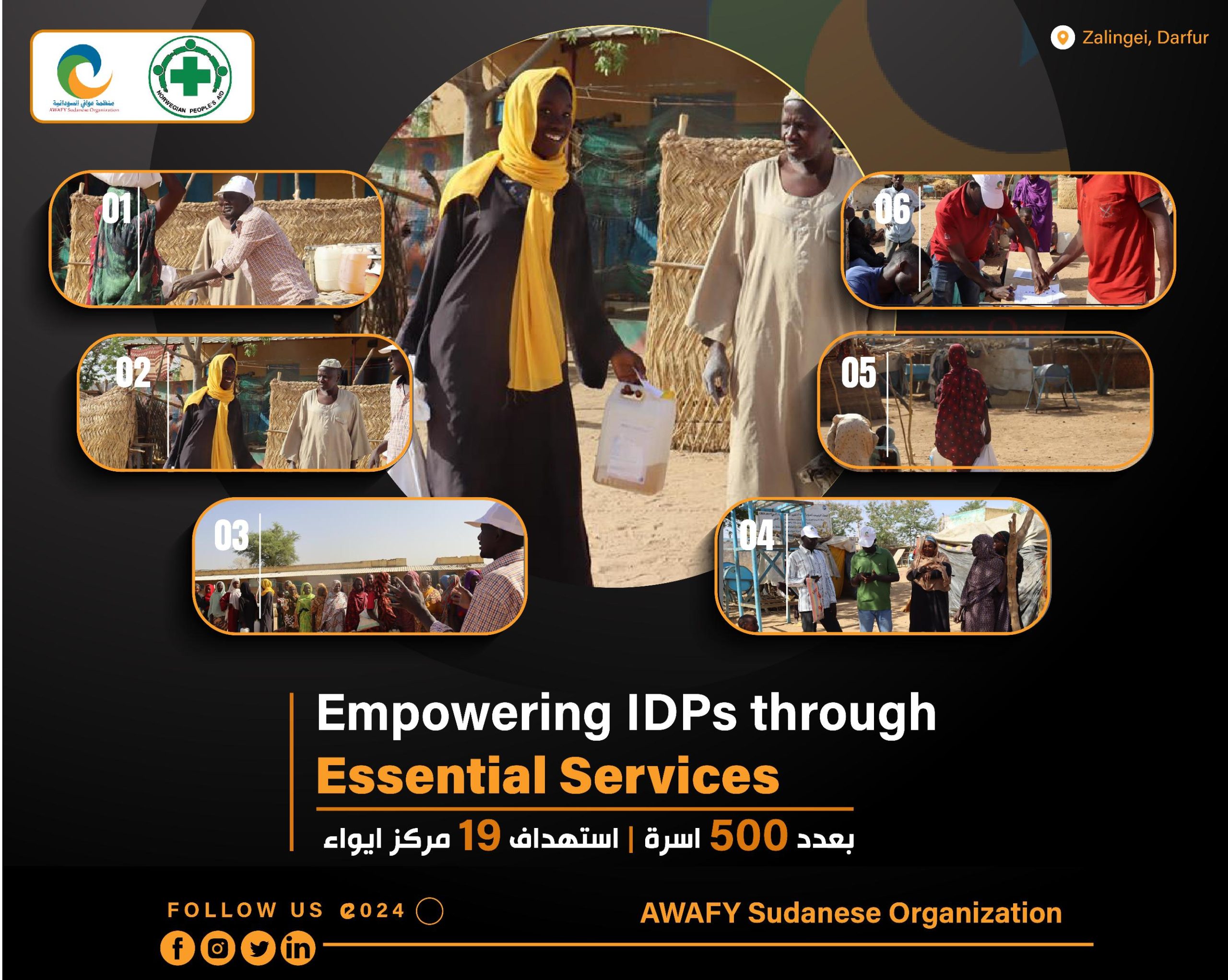1. Background on Sudan’s Death Penalty Legislation
Sudan’s legal approach to the death penalty has been shaped by its political shifts, varying from secular governance to religious-oriented policies, particularly with the introduction of Sharia law in the early 1980s. The application and justification of capital punishment in Sudan reflects a complex intertwining of traditional Islamic principles, colonial influences, and evolving political ideologies.
1.1 Colonial Influence and Early Legislation
During British-Egyptian rule (1899–1956 B.C), Sudan’s legal system combined British common law with Islamic and customary law. However, the death penalty was used for crimes such as murder, with colonial authorities also imposing it as a method of control, especially in cases involving rebellion or political dissent. Furthermore, when Sudan gained independence in 1956, it retained much of this legal framework but began establishing a judicial system more reflective of Sudanese traditions and Islamic values. This period saw the gradual incorporation of Sharia principles into the judicial system, though it was not yet the dominant basis for capital punishment.
1.2 Islamization of the Legal System in the 1980s
The implementation of Sharia law intensified in 1983 under President Jaafar Nimeiri, known as the September Laws, which formally incorporated Sharia into Sudan’s criminal and civil codes. This change introduced hudud punishments (fixed penalties under Islamic law), including the death penalty, as punishments for crimes like apostasy, adultery, and armed robbery.
These laws marked a significant shift, aligning Sudan’s penal code more closely with conservative interpretations of Islamic jurisprudence. For example, Hiraba (Road’s robbery) became punishable by death, and apostasy was criminalized, a controversial addition that attracted widespread criticism from human rights advocates. This move towards Sharia marked Sudan’s divergence from international human rights frameworks, as punishments for non-violent offences were expanded under religious justification.
1.3 Post-1989 Regime and Further Legal Consolidation
The 1989 military coup brought Omar al-Bashir to power, leading to further consolidation of Islamic principles within the judiciary. The Penal Code of 1991 reinforced the death penalty’s use for a wide array of offences, including blasphemy and sodomy. Bashir’s government used these laws to suppress political dissent, framing opposition figures as threats to Islamic society and often trying them in specialized courts.
Under Bashir’s rule, special terrorism courts were established, and death sentences were increasingly applied to political opponents, as seen with members of movements like the Justice and Equality Movement and the Sudan People’s Liberation Movement-North. This politically motivated application of the death penalty reveals the state’s instrumental use of Sharia not only as a moral framework but also as a tool for political control.
1.4 Transitional Period and Partial Reforms (2019 Onward)
Following Bashir’s ousting in 2019, Sudan entered a transitional period, and some reforms to the death penalty laws were introduced. In 2020, the transitional government abolished the death penalty for apostasy, a significant step toward aligning with international human rights standards. However, the death penalty remains for offences like murder, with aspects of Sharia still influencing the judicial approach.
The transitional government’s reforms indicated a willingness to reevaluate the death penalty’s application, though continued political instability has complicated the long-term implementation of these changes.
2. International Human Rights Standards
Sudan’s relationship with international human rights standards has been tenuous, particularly concerning capital punishment. Sudan is a signatory to several international conventions, but its implementation and adherence to these treaties have been inconsistent.
3. International Covenant on Civil and Political Rights (ICCPR)
Sudan ratified the ICCPR in 1986, which obligates the state to uphold the right to life and restrict the death penalty’s application. The ICCPR’s Article 6 limits the death penalty to the “most serious crimes,” generally interpreted to mean violent offences like murder. However, Sudan’s application of the death penalty for crimes such as apostasy and blasphemy has been widely criticized for violating this provision.
The United Nations Human Rights Committee, which oversees ICCPR compliance, has repeatedly expressed concerns over Sudan’s use of the death penalty, particularly for non-violent offences and politically motivated trials. Despite these criticisms, Sudan has resisted external pressure to abolish or limit the death penalty’s scope significantly.
4. African Charter on Human and Peoples’ Rights
Sudan ratified the African Charter on Human and Peoples’ Rights in 1986, protecting fundamental human rights, including the right to life. Although the charter does not explicitly address the death penalty, it promotes the right to life and dignity, which international human rights bodies have interpreted as grounds for minimizing or abolishing capital punishment.
The African Commission on Human and Peoples’ Rights, which monitors compliance with the charter, has encouraged Sudan to restrict the death penalty, especially for minors and non-violent offenders. Sudan’s political application of capital punishment, however, remains at odds with the charter’s ideals, with limited progress toward harmonization.
5. Impact of International Criticism on Sudan’s Death Penalty Policies
International organizations, including Amnesty International and Human Rights Watch, have consistently called for Sudan to reform its death penalty practices, emphasizing compliance with global human rights standards. This international scrutiny has played a role in Sudan’s partial reforms post-2019, although the transitional government’s limited stability has hindered substantial change.
The continued application of the death penalty in politically sensitive cases suggests a reluctance within Sudan’s leadership to abandon this tool of political control. The alignment with international standards remains partial and is often overshadowed by domestic pressures and political interests.
